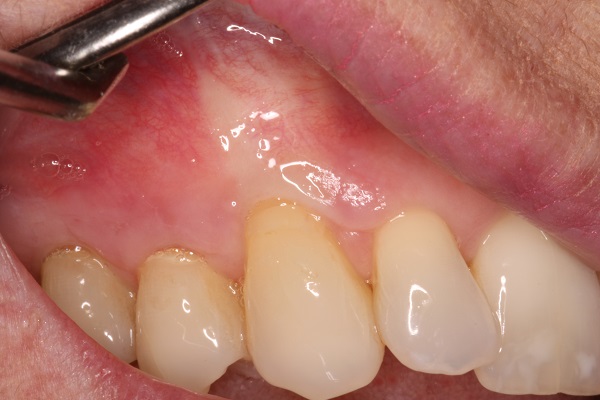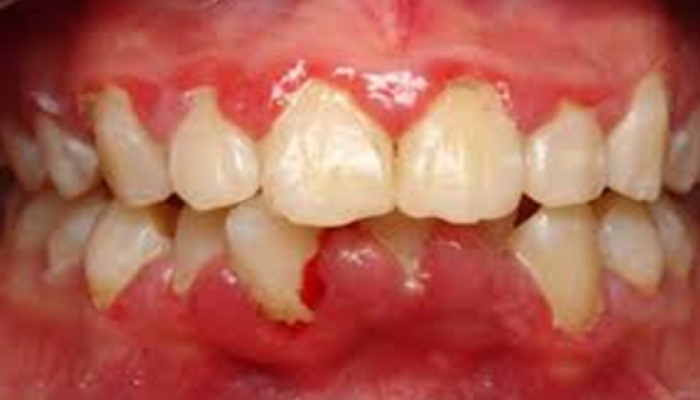What Is Gum Inflammation?
If you notice that your gums are sensitive, painful, and bleeding, you may be suffering from gum inflammation – a dental emergency that requires immediate medical attention. It goes without saying that healthy gums contribute greatly to oral health. Without treatment, these tissues can bulge out, obscuring your teeth and causing you to have painful sleepless nights. Keep on reading to find out more about the consequences of gum inflammation and why you should see a dentist. Know More
Also Read : Most Common Dental Emergencies: A Practical Guide
What Causes Gum Inflammation?
Gum inflammation is often identified by symptoms like swelling in the mouth or having mouth spots that persist for more than a week. These are often caused by excessive fluids in the gum tissues, accompanied by pain, redness, sores, bleeding, and ulcers. A bad oral hygiene routine is often a major cause of swollen gums. Pain in the gums is extremely uncomfortable and often ranges from burning to sharp pains. An inflammatory condition of the gum line can affect a smaller area or a larger area, depending on the cause. Some of the common causes of gum inflammation are as follows.
Poor oral hygiene
Due to poor oral hygiene, food debris tends to accumulate between the gum line and teeth. Over time, the gum tissue will swell if it is not properly cleaned and may lead to gum diseases and cavities in the mouth.
Also Read : 6 Types Of Dental Restoration Techniques Popular In Chennai

Periodontal diseases
Gum diseases are also known as Periodontal diseases. They are caused by inflammation and infection of gum tissues surrounding and supporting the teeth. Often caused by plaque buildup, improper cleaning leads to formation and hardening of tartar, which are difficult to remove.
Gingivitis and Periodontitis are two stages of periodontal diseases.
Gingivitis: Swollen and inflamed gums characterize gingivitis. Also, it is accompanied by a few other symptoms, including bleeding gums, redness of gum tissues, and bad breath. Gingivitis is reversible if it is treated properly in its early stages. When left untreated, this can lead to Periodontitis.
Periodontitis: In this stage, the gums may either recede or break away from the tooth. Eventually, this may damage the bone supporting the teeth, causing them to fall out. Some of the common symptoms associated with Periodontitis are:
- Teeth that appear widened and elongated
- Loosened and wobbly teeth
- Ill-fitting dentures
- Pus between teeth and gums
Tooth Abscess
A tooth abscess is yet another reason for gum inflammation. It is the pus collected around the teeth due to a bacterial infection. There are two types of tooth abscess, periodontal abscess and periapical abscess. Fractures or decays cause Periapical abscesses in the roots of the teeth. Symptoms include throbbing pain, sensitive and discoloured teeth, bad breath, and difficulty swallowing.
Key takeaway:
Inflammation of the gums, such as gingivitis, is a sign that your oral hygiene has been neglected. Talk to your dentist about how to improve your oral hygiene. Your doctor may recommend effective brushing and flossing to stop gum inflammation. Don’t forget to check out our other posts about tooth extraction and dental bridges

